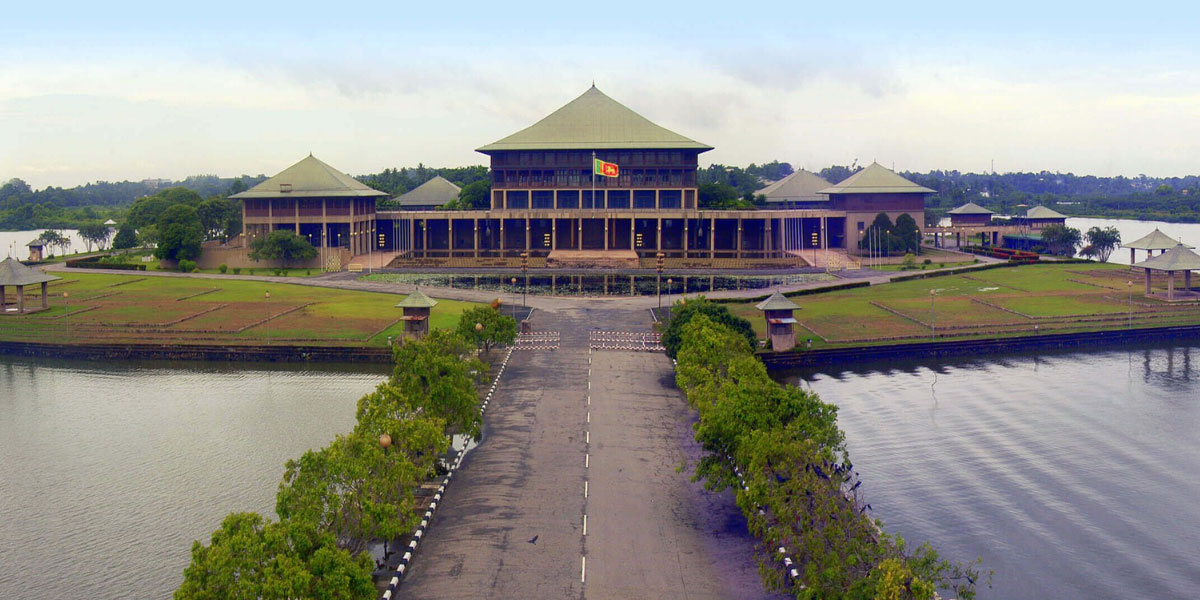On 14 June 2016 the IMF issued a report following the completion of consultations with Sri Lanka under Article IV of the IMF’s articles of agreement.
GDP growth was 4.8% in 2015, generally unchanged from 2014. The economy is however facing an increasingly difficult external environment and challenging policy adjustments. Recurrent expenditure increased in 2015 and public debt has reached an estimated 76% of GDP.
Prospects for the medium term are favorable if Sri Lanka can address the macro-financial imbalances. GDP is project to rise to 5% in 2016 with a recovery in construction and momentum in services including IT. Growth can be sustained with a commitment to reform and a clear direction on macroeconomic policies combined with restoration of market confidence.
The IMF emphasizes that priority should be given to increasing government revenue by implementing the new tax legislation; eliminating tax exemptions’ building capacity in revenue administration and tighter management of expenditure. State enterprise reform is also important.
The IMF also emphasizes the importance of structural reforms particularly with regard to trade and investment. Priority should be given to improving competitiveness; attracting foreign direct investment; eliminating barriers to trade and investment; and boosting exports.













